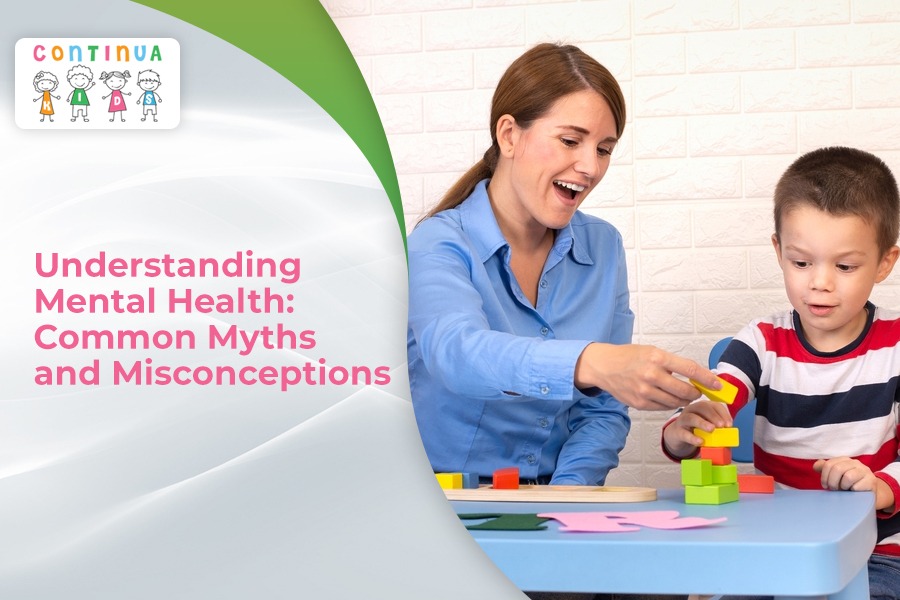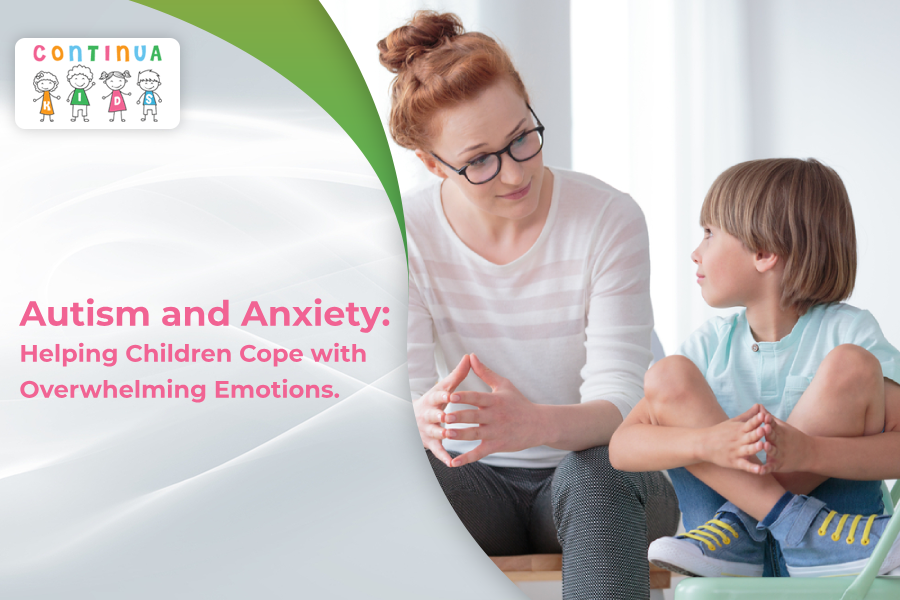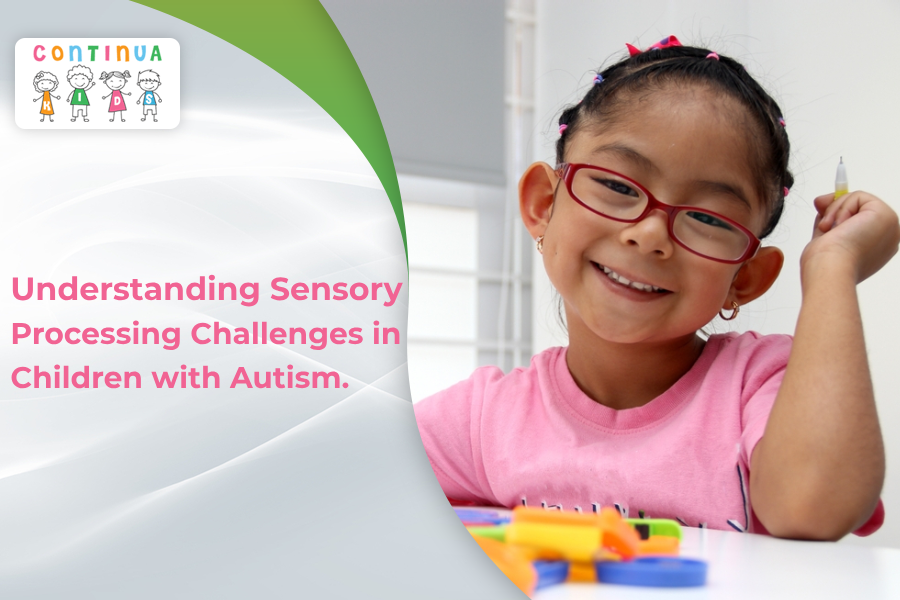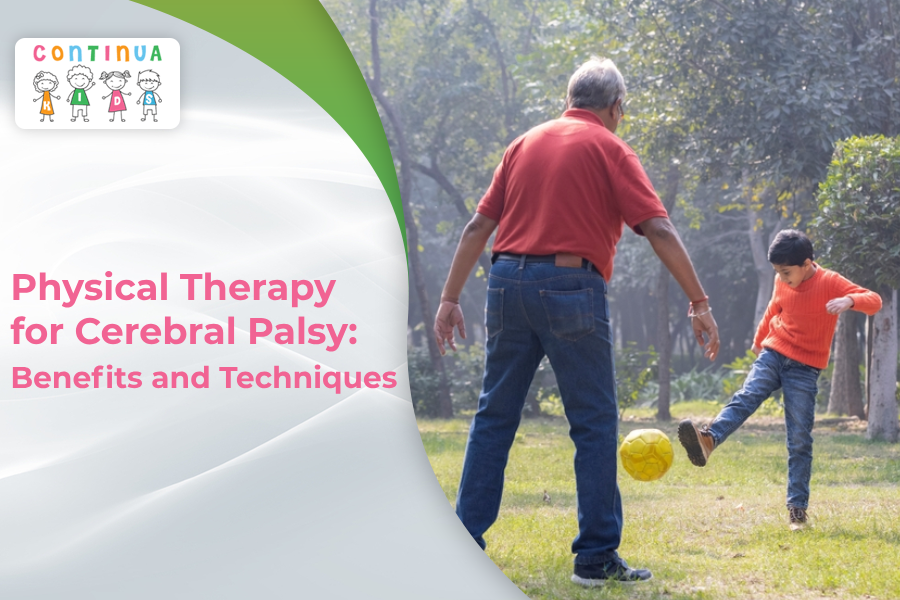Myth 1: Mental Health Problems Are Rare
Contrary to popular belief, mental health problems are not rare. In fact, they are very common, affecting approximately one in five children and adolescents worldwide. Mental health problems can range from mild to severe and can impact a child\’s emotional, behavioral, and social functioning.
Myth 2: Mental Health Problems Are a Sign of Weakness
Many people still believe that mental health problems are a sign of weakness or a lack of willpower. This is a harmful and incorrect belief. Mental health problems are a result of a combination of factors, including genetics, environment, and life experiences. Seeking help for mental health problems takes courage and strength, not weakness.
Myth 3: Mental Health Problems Are Permanent
Another common misconception about mental health is that once someone develops a mental health problem, they will have it for the rest of their lives. While some mental health problems may be chronic, many can be treated and managed effectively with the right care and support. It\’s important to seek professional help if you or someone you know is struggling with mental health problems.
Myth 4: Children Can\’t Have Mental Health Problems
Many people assume that mental health problems only affect adults. However, mental health problems can develop in children and adolescents too. These problems can manifest in various ways, including anxiety, depression, behavioral issues, and attention-deficit/hyperactivity disorder (ADHD). Early intervention is critical for improving outcomes for children and adolescents with mental health problems.
Myth 5: Mental Health Problems Are the Result of a Weak Character
Mental health problems are not the result of a weak character or a personal failing. They are complex conditions that require professional treatment and support. Blaming someone for their mental health problems only reinforces the stigma surrounding mental health and can prevent people from seeking help.
Myth 6: Talking About Mental Health Makes It Worse
Some people believe that talking about mental health problems can make them worse. However, the opposite is true. Talking about mental health problems is essential for reducing stigma and improving outcomes for those who are struggling. Talking about mental health can also help children and adolescents understand that they are not alone and that help is available.
Myth 7: Mental Health Problems Are Always Visible
Many mental health problems are invisible, meaning they are not immediately visible to others. Just because someone appears to be functioning well does not mean they are not struggling with mental health problems. It\’s important to remember that mental health problems are not always visible, and we should avoid making assumptions about someone\’s mental health based on their appearance or behavior.
Myth 8: Mental Health Problems Are Just a Phase
While it\’s true that some mental health problems may be temporary, others may require long-term treatment and support. Dismissing mental health problems as a phase can prevent someone from seeking help when they need it most. It\’s essential to take mental health problems seriously and seek professional help if necessary.
Conclusion
Mental health is a crucial aspect of our overall well-being, and it\’s important to understand the facts about mental health to take care of ourselves and others. We must debunk the myths and misconceptions surrounding mental health to reduce stigma and encourage people to seek help when they need it. If you or someone you know is struggling with mental health problems, it\’s important to seek professional help. Mental health problems are treatable, and early intervention can improve outcomes and quality of life.




